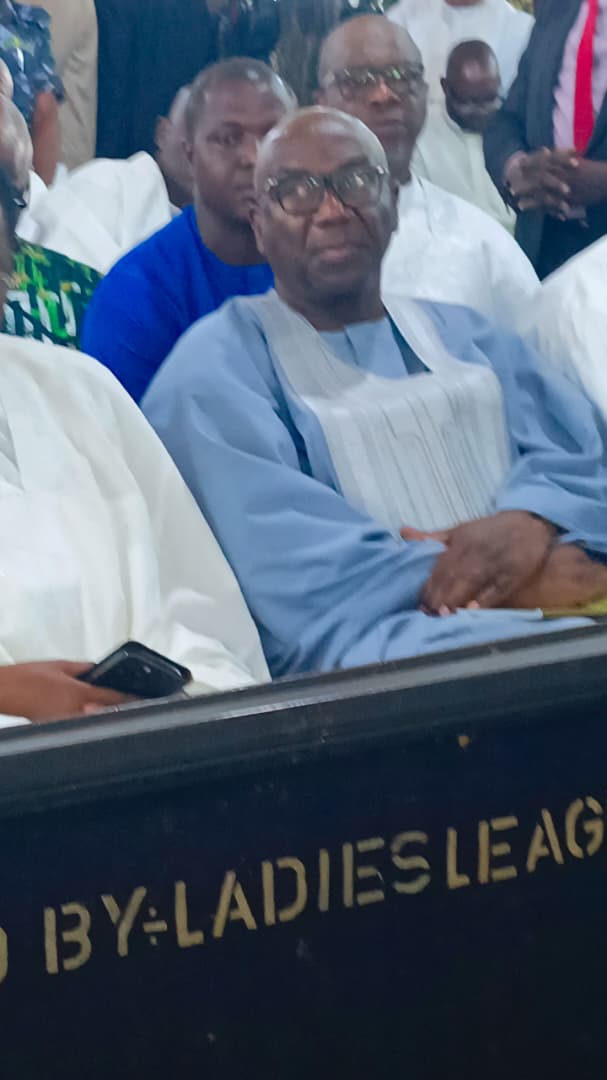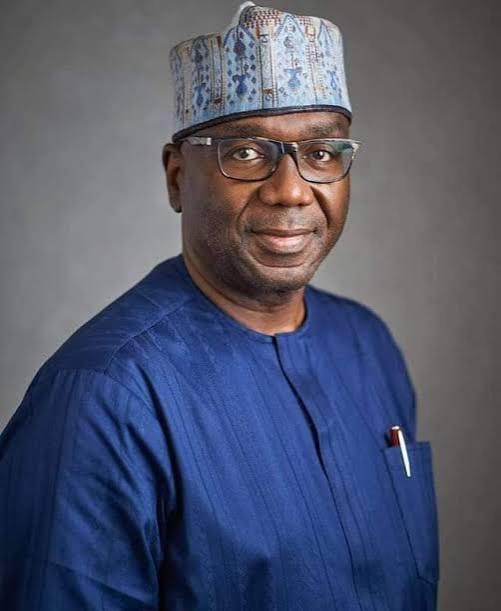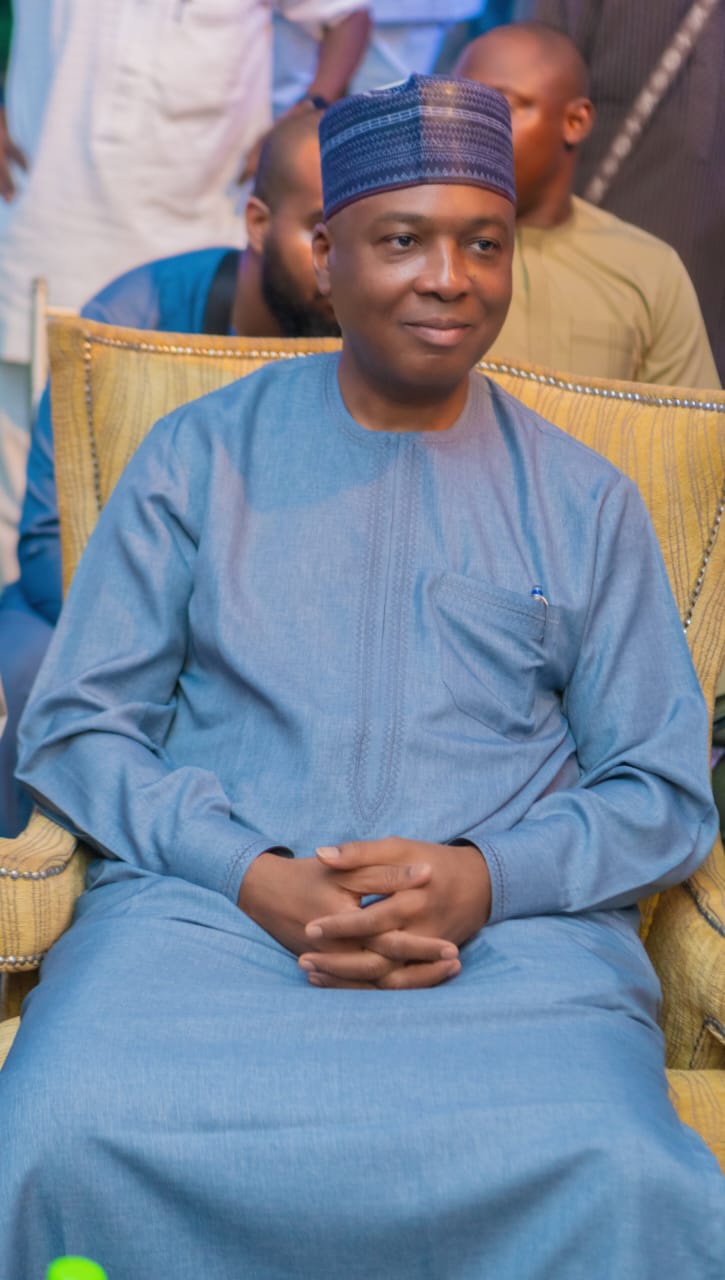When Charity Begins at Home: A Moral Reflection for Governor Abdulrahman

BY: Abd-Lateef Olalekan Odo
The recent gesture by Dr. Abubakar Bukola Saraki, donating a brand-new Sienna car to the Imam Agbaji of Ilorin, has once again highlighted the depth of his connection to faith, family and community. It was more than an act of generosity; it was a reaffirmation of Ilorin’s age-long values where leadership and spirituality are intertwined.
In sharp moral contrast, however, attention has turned toward Governor Abdulrahman Abdulrazaq and his rather muted relationship with the Muslim community within his own family lineage. The question being asked across Ilorin’s social and religious circles is simple yet profound: what has been the Governor’s own contribution to the welfare and dignity of the Imam in his family house? For a Son of Ilorin, whose ancestral faith tradition commands reverence and humility before religious custodians, his visible detachment from such spiritual roots raises quiet but important concerns about the depth of his communal consciousness.
Leadership, especially in a city as deeply spiritual as Ilorin, is measured not by titles or political achievements but by how leaders reflect the moral fabric of their origins. A Governor’s faith should find expression not only in public prayers and festive appearances but also in the quiet respect and care shown to those who sustain the spiritual legacies of his own home.
When a former officeholder like Dr. Saraki continues to honor his Imam and preserve his community’s sacred bonds, it offers a humbling reminder that power is transient, but moral duty is perpetual. Governor Abdulrahman, as a sitting leader, must realize that charity, in its truest sense, begins at home. To be distant from the Imam of one’s own family is to be distant from the very moral compass that gives leadership its lasting legitimacy.
Abd-Lateef Olalekan Odo writes from Adewole ward






